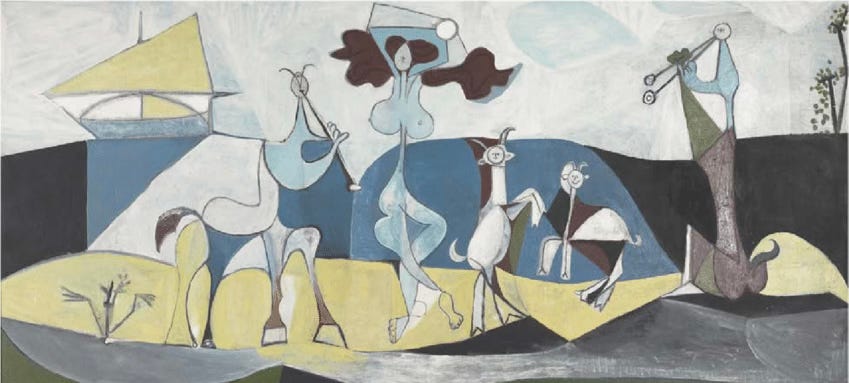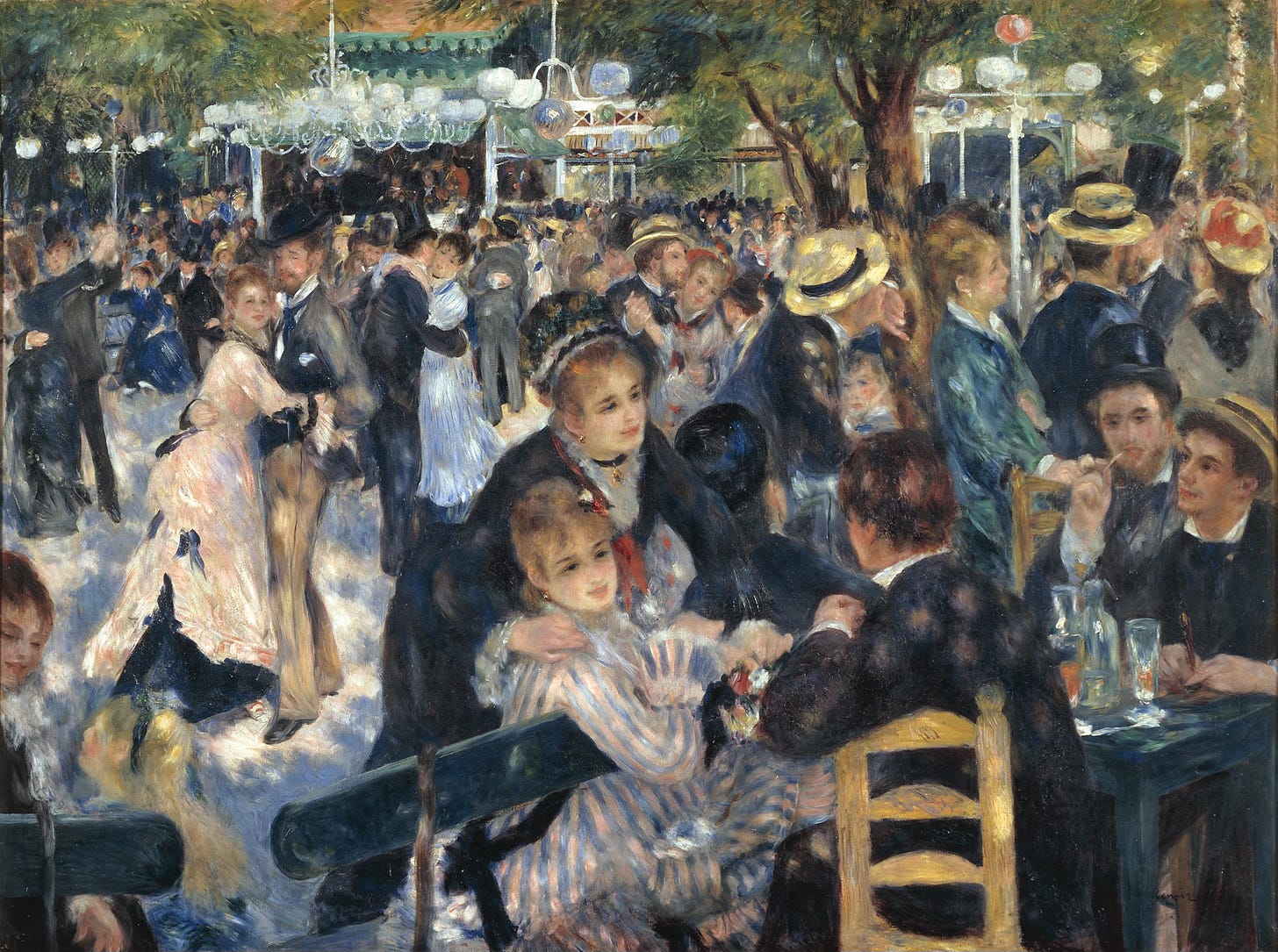
Let’s begin with the awkward truth: happiness has become the lodestar of modern life, the emotional equivalent of a six-pack: highly desirable, deeply fetishised, and mostly Photoshopped. We treat it not as an experience but as a performance, a metric of personal success. No longer content to simply feel happy, we must now appear happy – strategically captioned, properly lit, and preferably filtered through a Valencia haze. What was once a spontaneous, if elusive, human emotion has now become a public declaration of private satisfaction. To be unhappy, even momentarily, is to risk being seen as broken, bitter, or spiritually lazy. Because, of course, in the gospel of modern wellness, unhappiness isn’t a condition to be understood, but a flaw to be corrected.
This relentless pursuit of happiness has curious philosophical roots. In Enlightenment thought, particularly in the utilitarianism of Bentham and Mill, happiness was elevated from a private hope to a public good. The “greatest happiness for the greatest number” became the guiding principle of entire societies. Yet such utilitarian arithmetic, noble in intent, often flattens the human experience. It presumes that pleasure and pain can be tallied on some universal ledger – when in reality, we live in paradox. Some of our deepest joys arise in the midst of suffering: the laughter at a wake, the closeness born from grief, the relief of vulnerability after long silence. Any conception of happiness that excludes sorrow is either dishonest or dangerously simplistic. But tell that to the algorithm that has convinced you inner peace comes with a ring light and a gratitude journal.
The commodification of happiness is capitalism’s most seductive sleight of hand. It convinces us that joy is something we buy rather than something we build. You are not just purchasing skincare, you’re purchasing self-worth. Not just booking a vacation, but curating an identity. In this economy of desire, your dissatisfaction is not a symptom to explore, it’s a sales opportunity. What passes for happiness, then, is often just the brief dopamine flare of acquisition, quickly followed by the familiar slump of craving more. The late sociologist Zygmunt Bauman called this “liquid modernity” – a world in which nothing solidifies long enough to satisfy. We swim in a sea of options, each promising fulfillment, none delivering permanence. And so the cycle continues: want, acquire, repeat.

Psychologically, we are not wired for constant happiness. The human brain evolved not to be joyful but to be vigilant. From an evolutionary standpoint, happiness is inefficient; it lowers your guard. Our ancestors weren’t lounging in a state of bliss, they were scanning for wild animals. Even now, our default mode is not peace but problem-solving. This is why even at the height of personal achievement – love, wealth, recognition – the mind often pivots, almost cruelly, to what is missing. It’s not a moral failure; it’s neurology. Yet modern culture interprets this restlessness as a defect to be fixed. Enter the endless cycle of self-optimisation: therapy, mindfulness apps, microdosing retreats in Peru. Each promising to upgrade our emotional firmware, none capable of rewriting the basic code.
The absurdity is not just in the chase but in the criteria. Today’s metrics of happiness are often laughably superficial, even if wrapped in pseudo-spiritual language. A six-figure salary, sure, but also a curated aesthetic, a “healthy” relationship that looks good on paper, and the emotional intelligence to be vulnerable… but not messy. We want to be liked and authentic, ambitious and centered, successful and unbothered. The resulting self is less a human being and more a brand – tailored for consumption, not connection. And when the carefully constructed façade inevitably cracks, we diagnose the dissonance as failure, rather than what it actually is: the return of our humanity.
What complicates this further is our collective inability to distinguish between happiness and intensity. We confuse stimulation with meaning, novelty with depth. The thrill of a new romance, the rush of a career win… these are peak moments, yes, but they are not sustainable states. True contentment is quieter, more subtle. It arises not in the crescendo, but in the interludes. Yet we have trained ourselves to seek emotional spikes, not slow warmth. We are, in effect, addicted to beginnings. The result? A society rich in experience but poor in integration – forever moving, never arriving. Kierkegaard might have called this the despair of possibility: the endless horizon that keeps us from digging into the ground beneath our feet.
Unhappiness is now pathologised and it’s so cruelly ironic. Feel sad? You must be chemically imbalanced. Feel anxious? You’re probably not meditating correctly. What we forget is that emotions are not problems, no, they are information. Discontent often signals misalignment. Boredom can be the prelude to creativity. Anger might point to injustice. Even depression, though agonising, can function like a dark mirror… revealing what we have neglected or denied. But such insights require stillness, and stillness has become a rare and revolutionary act. The culture does not reward introspection. It rewards speed, distraction, performance. Which is why most of us end up emotionally constipated – clogged with feelings we haven’t had time to name.
The people who seem most at peace with life are rarely the ones who talk about happiness. They talk about curiosity, about meaning, about beauty… which, as Iris Murdoch argued, can pull us out of ourselves and return us to the world.
They build things. They love things. They fail, often spectacularly, and still show up. Their joy is not giddy but grounded. It’s the kind of joy that sits comfortably beside sadness, that doesn’t flinch in the face of absurdity. They are not chasing happiness, they’re cultivating wholeness. And wholeness is a far more demanding, far more generous project. It requires us to hold contradictions. To grow roots. To be present for the full catastrophe, as Jon Kabat-Zinn so aptly put it.
So perhaps the better question isn’t “Am I happy?” but “Am I alive to my life?” Am I engaging with it, not just when it’s pleasurable, but when it’s dull, difficult, absurd? Am I letting myself be changed by it? Happiness, if it comes at all, might arrive like an afterthought: quiet, unspectacular, but deeply real. Like the sound of your own laughter when you weren’t trying to be funny. Like walking home in the rain and realising you don’t mind getting wet. Like the moment you stop narrating your life and just live it. It won’t make you rich. It won’t go viral. But it might, just might, make you free.
From the in-between, where life actually happens, with all the contradictions, fully felt, rooted, restless, and full awake,
T.





Happiness over fulfillment is like iteration over sustainability. The merchant and manufacturing classes figured out long ago that making things to last wasn't profitable, so they've baked planned obsolescence and small iterations with often lateral, superficial "enhancements" to keep people buying and wanting. When you consider the primacy of entertainment and marketing in our culture, you realize that our evolutionary drive to always be searching for more resources and safer environments is being turned against us. Instead of stockpiling food for the winter, we're standing in line to fight over Stanley cups or "limited edition drops" of our favorite clothing brand, as if we're closing in on some resource that we desperately need to get us through the winter.
It's no wonder that happiness, and not fulfillment or contentment, is the focus, because the former is the most immediate, most fleeting, and is therefore commodifiable. If people are content with what they have and base their identities in actual self-esteem and not glittering personas, then they won't be compelled to spend every spare dollar they have chasing meaning.
Just imagine if the masses figured out that happiness is not an end-state, but a transitional and transient state designed to motor us into action; that a healthy mind is supposed to cycle through emotions depending on what is appropriate for day-to-day survival; what a hard-sell that would be for product pushers and dopamine dealers. Absolutely terrible for business, whether that business model is based upon production or preaching. All of these good vibes merchants would have no choice left but to focus solely on outrage.
Stellar work, Tamara. Your writing sustains.
This is stunning, each essay you write feels like a lens being turned slightly, and suddenly the familiar becomes unfamiliar, asking to be re-examined. But this one? This one hits with a kind of quiet force. The framing of happiness as both a commodity and a performance and our complicity in chasing it is so sharply drawn. I love how you thread Enlightenment philosophy through late-stage capitalism and still land us in the intimate terrain of our daily emotions.
What really stood out for me, though, is your push toward wholeness rather than happiness. That word—wholeness—carries so much. It reminds me of how we’ve forgotten the dignity of being unfinished, and I remember a line from a poem you wrote a few years ago and posted it on Instagram : “we are all unfinished poems”.
In our hyper-curated culture, wholeness doesn’t trend because it’s not glossy. It’s awkward, slow, often contradictory. But it’s also where we become real.
What if it’s not just that we’re addicted to happiness, but that we’re terrified of meaninglessness?So we overcompensate with filters, purchases, relentless motion, not just to be happy, but to prove (to ourselves?) that our lives are coherent. That they matter. But coherence isn’t always available. Some of the deepest seasons of my life have been the most disjointed , not Instagrammable, but deeply forming. Think of the long griefs that never quite end, or the stillness after failure when everything feels like ash, and yet, something germinates.
You’re right: joy isn’t always loud. Sometimes it’s an ache you learn to carry, or the slow relief of accepting you can’t amend your way out of being human. Your final question—Am I alive to my life?—lingers like a blessing.
Thank you for naming what so many feel but can’t articulate. And for doing it with such courage and care, Tamara.